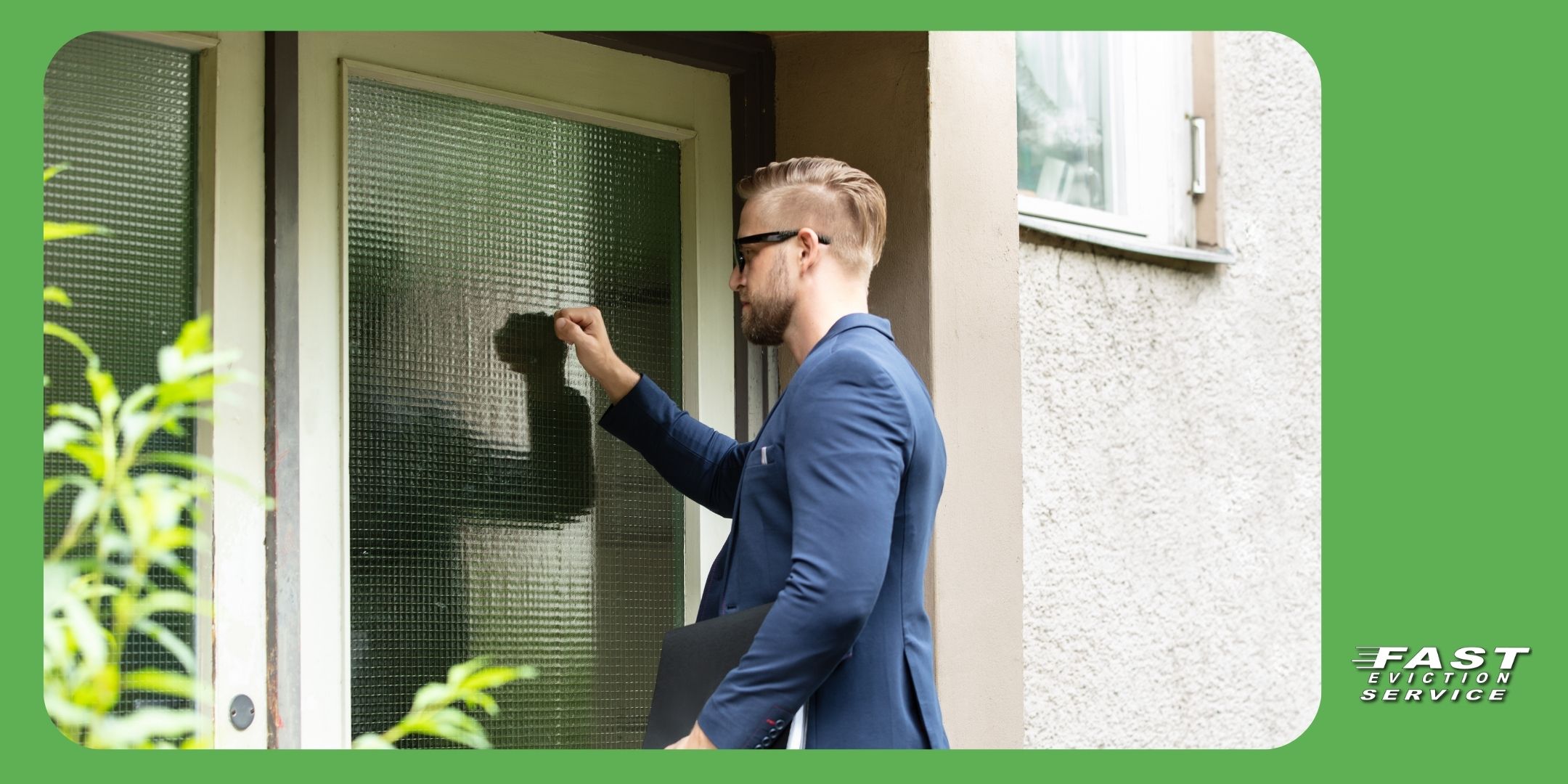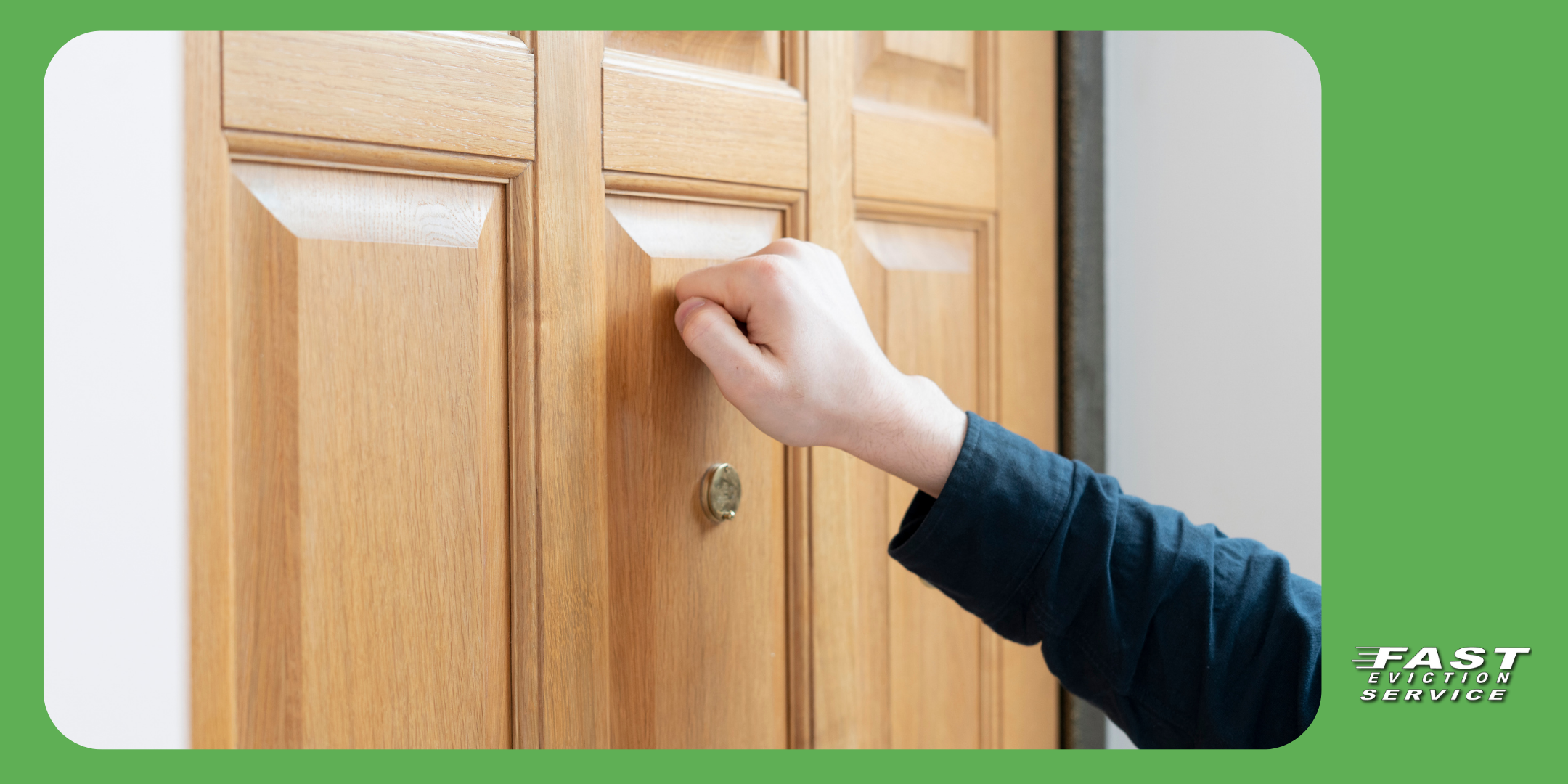Updated 11/25/24
As a landlord, maintaining your rental property is a critical part of your success. Routine inspections play a key role in ensuring your investment remains in good condition while fostering a positive relationship with your tenants. A well-organized rental property inspection checklist can save you time, help you identify potential issues early, and ensure compliance with local housing laws.

But what exactly should you include in your inspections? How often should these inspections occur? And what can you do if tenants are uncooperative? This article provides an actionable guide with practical insights to streamline your rental property inspections and make them less daunting for all involved.
Table of Contents
- Why Rental Property Inspections Are Important
- When and How Often Should You Inspect Your Rental Property
- Rental Property Inspection Checklist: Key Areas to Review
- Tips for Dealing With Uncooperative Tenants
- FAQs About Rental Property Inspections
Why Rental Property Inspections Are Important
Rental property inspections are more than just a landlord’s routine task—they’re an opportunity to protect your property and prevent costly repairs. Regular inspections allow you to:
- Identify maintenance issues early, such as plumbing leaks or electrical hazards.
- Ensure tenants are complying with lease terms, such as no unauthorized pets or alterations.
- Assess whether the property is being used appropriately and is in livable condition.
- Build a record of the property’s condition to prevent disputes during move-out.
By using a rental property inspection checklist, landlords can stay proactive rather than reactive, ensuring issues are addressed promptly and tenants feel supported.
When and How Often Should You Inspect Your Rental Property
Many landlords wonder, “How often should you inspect your rental property?” The frequency depends on several factors, including lease terms and local regulations, but a general guideline is:
- Move-In and Move-Out Inspections: These are crucial for documenting the property’s condition before and after a tenant’s occupancy.
- Routine Inspections: Conduct these once or twice a year to monitor wear and tear.
- Special Circumstance Inspections: These may be necessary if there’s an emergency (like a burst pipe) or suspected lease violations.
Keep in mind that communication is key. Always notify tenants in advance, typically 24-48 hours depending on local laws, and provide clear explanations for the inspection.
Rental Property Inspection Checklist: Key Areas to Review
When conducting an inspection, a structured approach ensures you don’t miss any critical areas. Here’s what to focus on:
Exterior Inspection
Start by walking around the property’s exterior. Look for signs of wear, damage, or neglect, such as:
- Cracks in the foundation or walls.
- Roof damage, missing shingles, or clogged gutters.
- Overgrown landscaping or signs of pest infestation.
- Broken windows, doors, or screens.
The exterior gives the first impression of your property and can often hint at deeper issues inside.
Interior Inspection
Once inside, methodically go through each room, paying close attention to:
- Walls and Ceilings: Check for cracks, peeling paint, or water stains, which may indicate leaks.
- Floors: Inspect for scratches, stains, or warped areas, particularly near entryways and plumbing fixtures.
- Appliances and Fixtures: Ensure stoves, refrigerators, water heaters, and HVAC systems are functioning correctly.
Use your rental property inspection checklist to note any damage or maintenance needs immediately.
Plumbing and Electrical Systems
Functional plumbing and electrical systems are essential for tenant satisfaction. Look for:
- Leaking faucets, slow drains, or unusual odors.
- Exposed wiring, faulty outlets, or flickering lights.
- Proper operation of smoke detectors and carbon monoxide alarms.
Addressing these issues early can prevent major disruptions and improve tenant safety.
Common Areas (If Applicable)
For multi-unit properties, inspect shared spaces like hallways, laundry rooms, or parking lots. Cleanliness and functionality in these areas contribute to tenant satisfaction and reflect your property management standards.
Tips for Dealing With Uncooperative Tenants
Occasionally, tenants may resist inspections, citing privacy concerns or other reasons. Here’s how to handle such situations:
- Communicate Clearly: Explain the purpose of the inspection and reassure tenants that it’s routine. Provide written notice and reference lease terms that allow property access.
- Be Flexible With Scheduling: Offer multiple time slots to accommodate their availability.
- Seek Legal Recourse If Necessary: If tenants refuse access despite proper notice, consult your local landlord-tenant laws. Document your attempts to schedule the inspection, as this may protect you legally if issues escalate.
Handling resistance with professionalism can often turn a tense situation into a collaborative one.
FAQs About Rental Property Inspections
1. What should I do if I find unauthorized changes to my property?
Discuss the issue with the tenant and review lease terms. If necessary, request that the tenant restore the property to its original condition or use their security deposit for repairs.
2. How often should you inspect your rental property to avoid legal issues?
Routine inspections every six months are generally sufficient, but always comply with local laws. Regular inspections strike a balance between maintaining your property and respecting tenant privacy.
3. Can I inspect my rental property without notice?
In most cases, no. Landlords must provide notice, typically 24-48 hours, before entering the property. Failure to do so could violate tenant rights and lead to legal consequences.
Final Thoughts
A consistent and thorough rental property inspection checklist is one of the most effective tools in a landlord’s arsenal. It ensures your property remains in excellent condition, your tenants feel valued, and potential disputes are minimized. By being proactive and detail-oriented, you can maintain a smooth and productive relationship with your tenants while protecting your investment.






